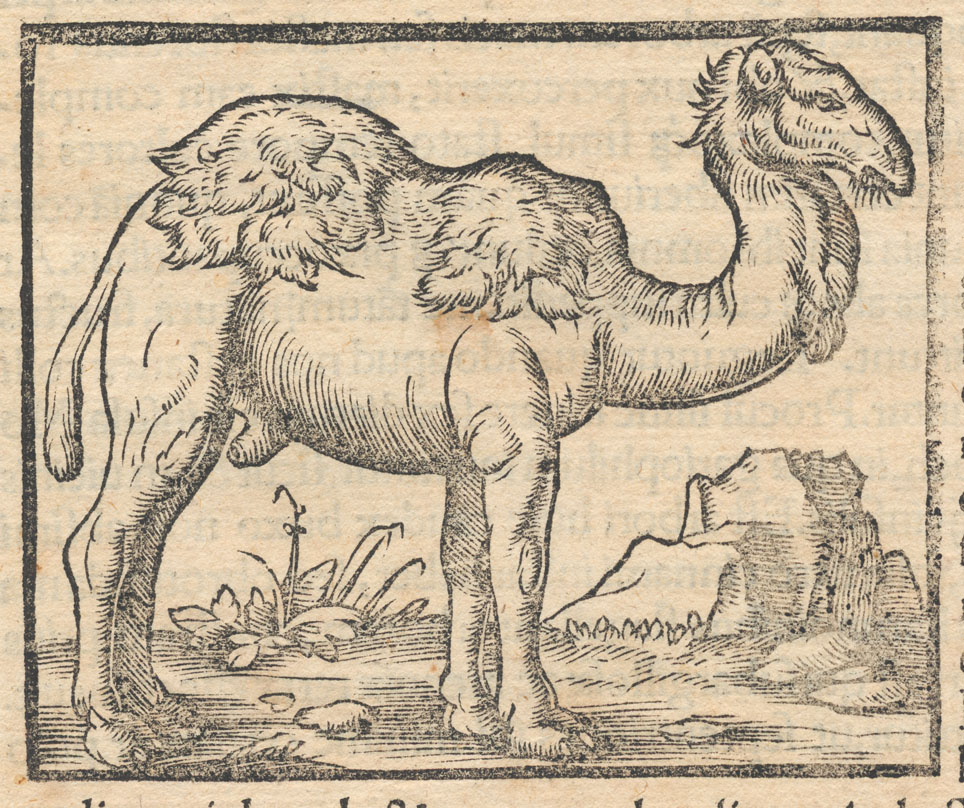This proverb is from James Richard Jewett's Arabic proverbs and proverbial phrases
.الهريبه تلتين المراجل و إن صحت المراجل كلها
(ilharebhi telatan ilmaraajal wa inna sahhit ilmaraajal kuluha)
Literal Meaning: Running is two-thirds of courage, and if it succeeds it is all of courage.
Meaning: discretion is the better part of valor.
This morning I found two books of Arabic proverbs in the public domain section of Google books:
The manners and customs of the modern Egyptians by John Lewis Burckhardt and Arabic proverbs and proverbial
phrases
by James Richard Jewett.
Both of these books were written in the late 19th century
so I don't know if the proverbs are still in use. If you have any info
on this, comment below. Of the two, Burckhardt is the more well known,
and I plan to talk about him, but right now I want to talk about Jewett.
I like his book because it is the first I've seen about Syrian proverbs,
and I like the scholarly way the entries are laid out, with the vowels
and verb tenses explained and series of meticulous scholarly citations.
Not only do I feel more erudite after reading this for five minutes,
but I can just picture him sitting next to a tent somewhere
in the Syrian desert, surrounded by mountains of reference books.
Apparently he was in Syria for some reason when he started collecting
proverbs from his friends. He then wrote them up for his dissertation.
This is pretty much all I could find out because he has no internet presence
whatsoever. Granted, he has probably been dead for seventy years,
but people who have dead for thousands of years have wikipedia pages,
and if he is the James Richard Jewett the Harvard Arabic Chair is named for,
he must have been well known is his time. Does anyone know anything about him?













